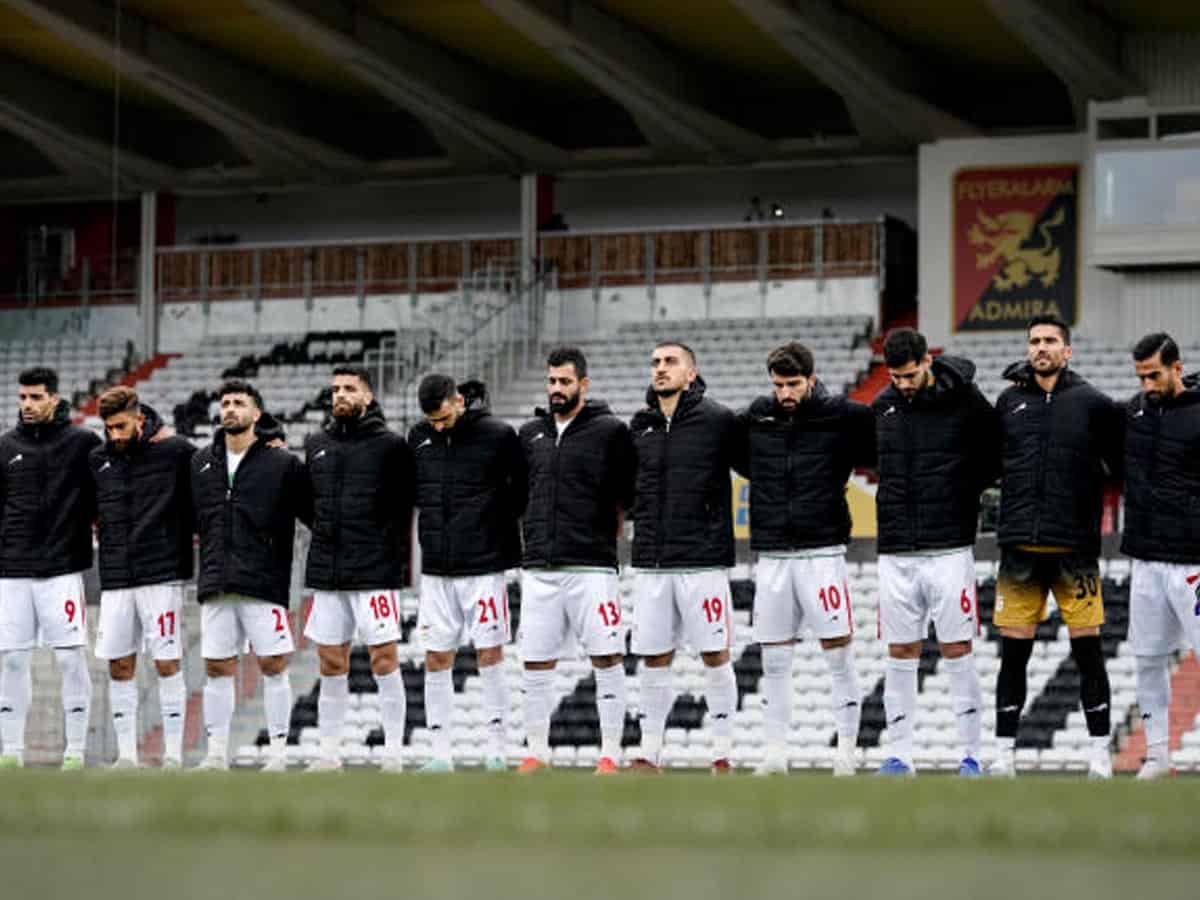
For many decades Iran has been one of the top nations of Asia in football and has produced some outstanding players. Before Cristiano Ronaldo, the player who held the world record for maximum goals was an Iranian footballer by the name of Ali Daei. Between December 2014 to May 2018, Iran was the highest-ranked team in Asia. It was the longest continuous period that any team held that position. Known as the Lions of Persia, the Iranian team has till now, won three Asian Cups and has qualified six times for the FIFA World Cup.
But this time, with only a few weeks left for the start of the 2022 World Cup, Iran’s team is facing a crisis. It has arisen from the political situation that has engulfed the country due to the headscarf controversy. The country is in turmoil after the death of Mahsa Amini while in custody after being arrested for not wearing a hijab in the prescribed manner. Although the players have been prohibited from speaking about this issue, the subject has caused divisions and dissent within the team.
Ali Karimi, former captain of Iran’s football team, has been accused of inciting revolts within and outside football circles. The ex-captain who now lives in Dubai has been blamed for whipping up anti hijab sentiments. Karimi, who was once nicknamed the Asian Maradona for his superb skills, now has more than 11 million followers on social media. His fans remember him as one of the greatest Iranian football players of all time. He has strongly condemned the arrest of Mahsa Amini. The official version is that Amini may have died from heart failure due to a pre-existing condition but the protestors believe that she was brutally beaten while in custody and this led to her death.
The Iranian authorities are extremely anxious about any impending support for the protesters and all eyes will now be on the hugely popular football squad that is preparing for the FIFA World Cup. Any protest from squad members who are scheduled to play against England, Wales and USA in the first phase, would be a big embarrassment for the Iranian officials who have to manage the show.
Meanwhile a women’s rights group called Open Stadiums has called upon FIFA President Gianni Infantino to ban Iran from playing in the World Cup because of the repression of women. FIFA has so far maintained silence but the issue may snowball into a major storm. Political dissent has often hit important sports events. Sometimes the athletes have shown their political alignments in front of thousands of spectators in the stadiums and millions of audiences on TV. People have still not forgotten the black-gloved protest by Tommy Smith and John Carlos of the USA while standing on the victory podium at the Olympics in 1968. The widespread media coverage of events like the Olympics and FIFA World Cup make them an ideal platform for any group that wants to gain publicity. This time Iran could be at the receiving end.
Iran’s leading goal scorer, 27-year-old Sardar Azmoun, who has 4.9 million followers on Instagram, stated recently that team rules prohibit comment on the issue but he was under great emotional stress by being forced to remain quiet. Will more players come out and speak their minds? The Iranian football authorities are in a fix and there is tension among the players. In a highly complex team sport like football, cooperation is the key to success. Emotions of hostility, disunity and dissent will hurt the team’s cause very badly. How the matter will end will only be seen when the prestigious tournament gets underway on November 20th.



